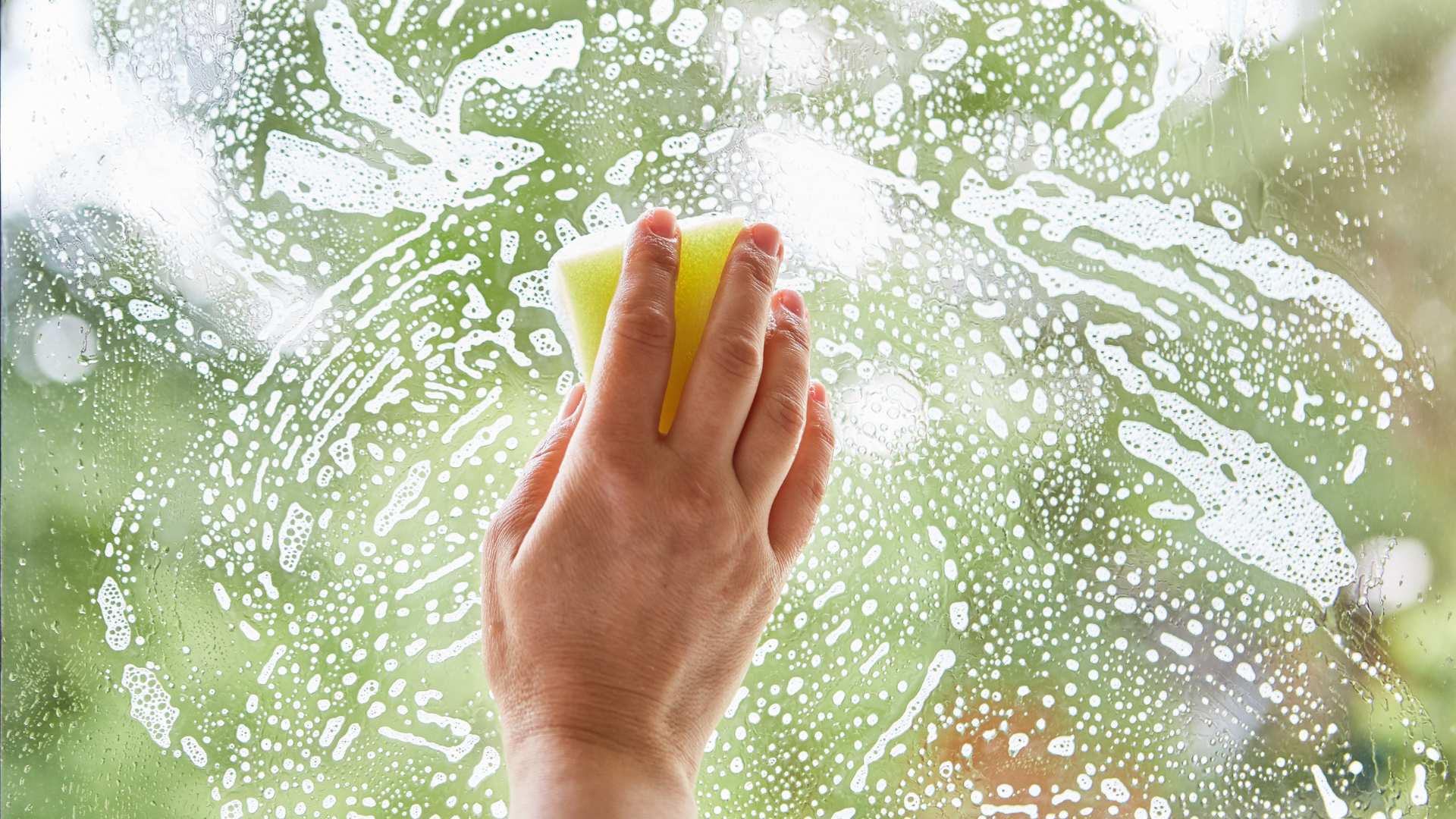Perinatal Eating Disorders: How the Perinatal Period Can Lead to Food and Body Image Concerns

By Thrive Wellness National Director of Risk Management Kerstin Trachok, CPC
The perinatal period which accounts for pregnancy through one year postpartum, involves many changes to a person’s body and lifestyle. For some, these changes can be distressing and contribute to perinatal eating disorders, which can be detrimental to both the mother and baby. Integrating perinatal mental health care with eating disorder treatment can help expecting and new mothers adjust, accept, and appreciate their evolving bodies.
HOW THE PERINATAL PERIOD CAN TRIGGER EATING DISORDERS
Throughout pregnancy, a person’s body undergoes substantial changes. An expecting mother gains necessary, healthy weight as a baby grows inside her. Her breasts and feet often become larger, and she may experience bloating and constipation . For someone who already has body image concerns, these changes can exacerbate existing negative body image struggles and prompt disordered eating thoughts or habits.
Some mothers without previous body image issues may also feel triggered by the changes during the perinatal period. However, for these individuals, the postpartum period tends to be the most challenging. After giving birth, many mothers are faced with a very different body than the one they had pre-pregnancy, an experience that can also lead to negative body image and disordered eating.
EATING DISORDERS DURING PREGNANCY
Diagnosing an eating disorder during pregnancy can be difficult. Pregnant mothers may struggle with all types of eating disorders including anorexia, bulimia, and binge eating disorder (BED) . A person who exhibits symptoms of an eating disorder while they’re pregnant often won’t have a body mass index (BMI) that matches the diagnostic criteria for the eating disorder outlined by the Diagnostic and Statistical Manual of Mental Disorders (DSM-5). For example, a person may be severely underweight during their pregnancy without technically qualifying for a true anorexia diagnosis.
SIGNS AND SYMPTOMS OF PERINATAL EATING DISORDERS
Some behaviors that are evident of perinatal eating disorders include:
- Excessive exercise
- Restricting food intake
- Obsessive calorie counting
- Self-induced vomiting
- Laxative use
- Feeling shame or guilt about weight gain
- Frequently weighing oneself or measuring the size of one’s body
- Fear or intense distress about gaining weight
- Not attending doctor appointments to hide their condition from their physician
- Isolating oneself from family and friends due to feeling uncomfortable in one’s body
A perinatal eating disorder may also contribute to difficulty bonding with one’s baby, such as:
- Feeling disconnected from one’s baby during pregnancy
- Blaming one’s baby for the changes in one’s body
- Experiencing attachment issues with one’s baby postpartum
- Feeling shame or guilt about one’s struggle to bond with their baby
THE DANGERS OF PERINATAL EATING DISORDERS
Perinatal eating disorders can have harmful consequences for both the mother and baby, including:
- Bone loss for the pregnant person
- Growth restrictions for the baby
- Fetal developmental problems
- Low birth weight due to lack of nutrients
- Fatigue beyond what would be considered normal for a pregnancy
- Electrolyte imbalances and abnormalities
- Dehydration
- Dizziness
- Prolonged labor
- Miscarriage
A PREEMPTIVE APPROACH TO PERINATAL EATING DISORDERS
If a person planning to have a child has struggled with an eating disorder or negative body image, they could benefit from proactively seeking therapeutic support to protect themself and their baby from the dangers of eating disorders.
An eating disorder therapist can help:
- Address any food, body, or eating behavior concerns
- Develop a plan for if the eating disorder is retriggered during the perinatal period
- Manage eating disorder thoughts and behaviors that might arise
- Educate and involve a person’s loved ones so they can help monitor the person and support them throughout the perinatal period
- Help guide a person in facilitating conversations with their primary care providers about their eating disorder concerns
- Connect a person with primary care providers that are knowledgeable about eating disorders
COLLABORATIVE PERINATAL AND EATING DISORDER TREATMENT AT THRIVE WELLNESS
Thrive Wellness’ perinatal mental health and eating disorder treatment programs offer comprehensive care to guide expecting and postpartum mothers in developing and nurturing healthy relationships with food and their bodies. A person struggling with a perinatal eating disorder can attend a hybrid of both programs while having access to a collaborative interdisciplinary treatment team with experience treating both perinatal mental health and eating disorders. Reach out to learn more about our various services.
While all Thrive Wellness locations offer interdisciplinary clinical teams who collaborate to treat eating disorders, perinatal mood and anxiety disorders (PMADs), and additional mental and behavioral health conditions, programs and services may vary by location.
About the Author
Thrive Wellness National Director of Risk Management Kerstin Trachok, CPC
Kerstin received her master’s degrees in clinical mental health counseling and school counseling from the University of Nevada, Reno. She has several years of experience in the counseling field working in different settings and treating a wide array of mental health issues. Her experience includes working in schools with children of all ages, clients with psychosis in a hospital setting, and adults and teens in private practice as well as working at an agency providing counseling to children and families and two years of experience working with eating disorders at the partial hospitalization program (PHP) and intensive outpatient program (IOP) levels of care.
Kerstin is a fully licensed clinical professional counselor in the state of Nevada and received her certification in Complex Trauma Levels I and II. She has experience working with children, teens, adults, and families with trauma, anxiety, grief, depression, attention-deficit/hyperactivity disorder (ADHD), autism spectrum, suicidal ideation, eating disorders, obsessive-compulsive disorder (OCD), and behavioral issues. Kerstin is passionate about fostering clients’ growth and autonomy while providing a safe and secure space to process emotions. She uses creative interventions and other tools to allow clients to voice their internal experiences beyond traditional talk therapy and her modality of choice is acceptance and commitment therapy (ACT). She uses mindfulness tools and techniques to help clients be present-moment oriented and reduce stress so they may move towards psychological flexibility. Kerstin believes all individuals have the right to live a full and vital life.
The post Perinatal Eating Disorders: How the Perinatal Period Can Lead to Food and Body Image Concerns first appeared on Thrive Wellness.

Start your healing journey today
NEXT STEPS
Are you ready to find hope? We can't wait to connect you with the care you need. To get started with us, please reach out using the link below.

Obsessive Compulsive Disorder

Perinatal
Mental Health
Obsessive Compulsive Disorder
Perinatal
Mental Health
SITE MENU
THRIVE LOCATIONS
Reno, NV 89501
OCD & Anxiety Disorders
Luella Garvey House
Perinatal Mental Health
"It Takes A Village"
Virtual Program
All Rights Reserved | Thrive Wellness | PRIVACY POLICY





